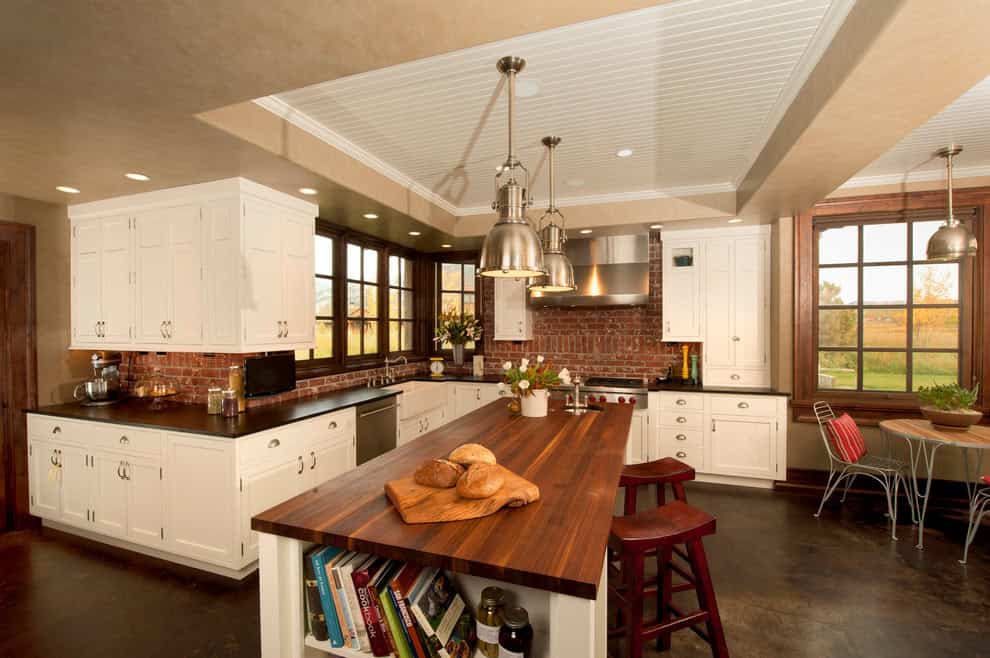Table of Content
If you can source linens, flatware, and plates as part of your service, you can both charge a higher rate and provide a useful service to your clients. But you may need to rent a storage unit nearby to keep these things out of your home or rental kitchen space. When pricing your menu, consider your food costs, labor costs, and additional overhead to make sure you can cover all of your expenses and still have some profit left over from each event.
You should have a statement on your website to advise customers where they can obtain allergen information before they place their order. If you provide food via an external online ordering website, they may have their own requirements for providing allergen information to customers. Specific details of what you should include in your traceability records can be found in managing food safety. We provide free online food allergy training which can be used to learn more about managing allergens in a kitchen, as well as how to cater for customers with food allergies. The packs have been designed for small businesses and contain information on personal hygiene, pest control, cross-contamination, cleaning, chilling and cooking, among other areas.
Start Looking at the Numbers
Catering plans start at around $300 per year, and will cover you for up to $2,000,000 in potential damages. Each state, county, and city will have its own requirements for permitting and licensing. Contact the Small Business Administration to get guidance on the rules in your local area. A kitchen that caters food to the public must have a triple sink for dish washing, a hand washing sink and NSF-approved refrigeration for food storage.
If you are delivering food orders, all food must be delivered to consumers in a way that ensures that it does not become unsafe or unfit to eat. There are also rules you must follow when importing and exporting food, and storing or using personal information. HMRC has further guidance on working for yourself and how to check if you should set up as a limited company instead. Investopedia requires writers to use primary sources to support their work. These include white papers, government data, original reporting, and interviews with industry experts. We also reference original research from other reputable publishers where appropriate.
Prohibited Foods and Labeling
Please see Small Business Nutritional Labeling Exemption for more details. I want to make a non-refrigerated or shelf stable salsa, BBQ sauce and/or other canned foods. Permits are issued for two-year terms; fees, which vary based on the gross annual volume of sales, range from $250 to $750. You will need to have at least one on-duty employee who is a certified food manager, and you may also need employees to obtain food handler cards. The second most profitable food and beverage business out there is an ice cream shop. The number one most profitable food and beverage business is a bubble tea shop.

However, these laws limit the types of food that home-based entrepreneurs can sell. They also prohibit the amount of money that people can make; entrepreneurs who achieve financial success from their efforts may be required to submit to the same requirements as commercial food businesses. Cottage food laws vary among the states, and those interested in selling food from home should consult their local laws before launching their businesses. Many a food entrepreneur, including Martha Stewart, Debbie Fields – the famous Mrs. Fields – and Paul Newman began their food empires in their home kitchens.
How do you decide on your niche?
However, it’s totally doable, with one small catch—you may not actually be cooking in your own kitchen. Since the laws in most places prohibit caterers from operating out of a private residence, chances are you’ll need to find a commercial kitchen where you can actually prepare your food. You can then use your home as your headquarters to handle the business end of things, including advertising, order taking, and bookkeeping. Your kitchen will be inspected by the health department twice yearly for food safety, sanitation, and cleanliness. You must pass the inspection to continue operating your catering business. A good score on your health inspection reassures your clients and is often published in the newspaper.
This is because, unlike your home, commercial kitchens satisfy laws requiring food prep sites to be subjected to regular health and sanitation inspections. If you live in the U.S., visit the Food Liability Insurance Program website to learn more about food liability insurance. When you’re ready, you can purchase a policy online and download your digital proof of insurance directly to your device.
Plus, you probably already have a few spare bags around the house that you could use for grocery shopping. Stash a few in the trunk of your car or somewhere near your door, so you don’t forget them when the time comes to do your haul. If you don't already have bags on hand, these Gogooda bags are a great option since they can be folded down and stored in a purse, pocket or backpack for those last-minute errands. And they’re machine-washable, so they won’t be ruined by a busted or broken container. If you love stocking up on fresh produce but hate all those grocery store plastic bags, try these reusable produce bags. Perfect for your weekend trips to the farmer’s market or any daily grocery store run, you can even repurpose them as laundry bags for your more delicate items.

Any food prepared for catering must be prepared in a separate kitchen. Some caterers avoid the cost of constructing a second kitchen by renting or leasing kitchen space from a restaurant or other facility with a full kitchen. One of the simplest swaps you can make is switching out your single-use paper towels for a reusable option. Kellogg’s kitchen is a plastic-wrap- and aluminum-foil-free space. “Aluminum foil is most often used for tenting, or in the oven to prevent things from getting burned or too brown on top,” says Kellogg. It’s estimated that globally one third of all food produced goes to waste.
The Food Hygiene Rating Scheme gives businesses a rating out of 5 so that consumers can make informed choices about where to buy and eat food. Sellers of food made at home must have food-handlers permits, which are typically granted following a brief training course. Kirsten Rohrs Schmitt is an accomplished professional editor, writer, proofreader, and fact-checker.
The FSSAI license is mandatory for all food business operators working in India. To obtain this license, establishments must register with the Food Safety and Standard Authority of India and then opt for the appropriate license. The fee for a food service license can vary by location and number of employees, and can range from $100 to $1000. Dries out or turns green before you've had a chance to enjoy it all the way down to the rind.
Ronnie Daniels writes content for blog, website and print publication.
It is not compulsory for you to have a food hygiene certificate, but if you are looking to start a food business, we recommend that you pursue a food hygiene qualification to improve your knowledge. When you start a food business from home you need to inform HMRC that you are self-employed. This is to alert them that you will pay tax through Self-Assessment. You need to register as self-employed when starting a food business, even if you are part-time or have another job. When you start a new food business, or take over an existing business, you will need to register with your local authority. Sellers can't surpass a certain income limit without needing to comply with commercial food manufacturing laws.
Giving your radiator space will allow heat to radiate into the room instead of being absorbed by the furniture. Around 30cm of space in front of the radiator will help to circulate warm air. Brush strips can be installed to close gaps at their base, brush covers can prevent heat from escaping through the letterbox, and a disc flap can cover the keyhole. Another option is to install insulating plastic film covers over your windows. Draught-proofing – where gaps that let cold air in or warm air out are blocked – is an effective way of preventing heat loss. You can listen to more articles from The Conversation, narrated by Noa, here.
Home-based food businesses use their home (or someone else's) to handle food for sale. This includes preparing food for local markets or school canteens, catering for events, B&Bs, farm-stay or childcare businesses and online food sales from home. You must have a food service permit to operate a business selling food.

No comments:
Post a Comment